Overcoming difficulties to learn letters
Every night, after finishing her work at Kim Dong Primary School (Tu Mo Rong, Quang Ngai ), Ms. Le Thi Ngoc goes to the literacy class for the Xo Dang people. The class has 18 students, aged from 20 to 50. Some used to know how to read but forgot, some have never held a pen to write.
For many people who are used to holding a hoe, holding a pen is initially awkward. Some students are busy taking care of their children so they have to bring their babies to class, holding them while studying.
“There are babies who are only a few months old and go to school with their parents. When they cry, their parents take them outside to comfort them, which affects their learning process. We prepare more candy so that the older children can play in the yard, and the younger children can sit still so that their parents can study in peace,” Ms. Ngoc said.
According to Ms. Ngoc, the class is facilitated by the local government and the school. Students attend classes regularly, so teachers have less trouble in propaganda and mobilization. However, there are also many difficulties because the villagers mainly work in the fields, so they often arrive late, and many older students have difficulty learning and are not proactive in learning.
To help everyone integrate into the class, Ms. Ngoc organized more cultural activities and games. Thanks to that, the classroom atmosphere became more open, helping people easily absorb knowledge.
In addition to direct lessons, Ms. Ngoc guides people to familiarize themselves with the “Popular Education” channel, which provides basic lessons. People with smartphones are encouraged to self-study and review lessons at home or in the fields, thereby avoiding forgetting the characters.
The initial results have shown clear changes. Mr. A De, an older student, was initially shy about communicating and only smiled when asked questions. But now he can read and write fluently and volunteer to go to the board. Similarly, student A Khay, who was illiterate, can now spell and write.
At night she goes to class to learn to read and write, and during the day she is in the fields, so Ms. Y De often watches the channel "Popular Education" to review her lessons and avoid forgetting the letters.
"I'm afraid of holding a hoe or a plow too much and forgetting the words. In my free time, I review the lessons. The lessons are good, fun, and easy to understand, so I remember them. Going to class saves teachers the trouble of having to review them," said Ms. Y De.
Ms. Ngoc shared: “Volunteer teachers teach people to read and write for free. Our joy is to see students learn to read and write and apply it to their lives. When people know how to read and write, their lives will be less difficult and will be increasingly improved.” However, if there is more financial support, it will motivate teachers to persevere and make more efforts on the journey of spreading knowledge.
Student volunteers
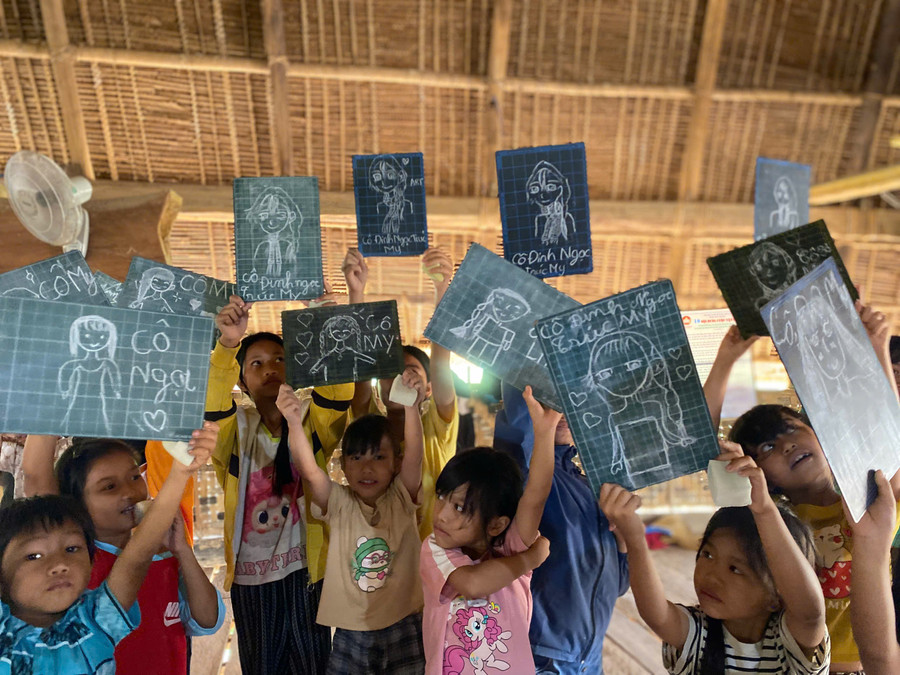
Not only teachers, young people also contribute to the work of eliminating illiteracy. During the summer, Dinh Ngoc Truc My - a third-year student majoring in Business Administration, Deputy Secretary of the Youth Union of the Faculty of Economics, Danang University Branch in Kon Tum (Quang Ngai) and 30 other students participated in the "Green Summer" campaign.
In Ngok Reo commune (Quang Ngai), a group of students organized recreational activities for children, taught Vietnamese, Math, and English to students, and introduced the “Popular Education” channel to the people. For those who are illiterate or have forgotten how to read, this is an effective learning tool.
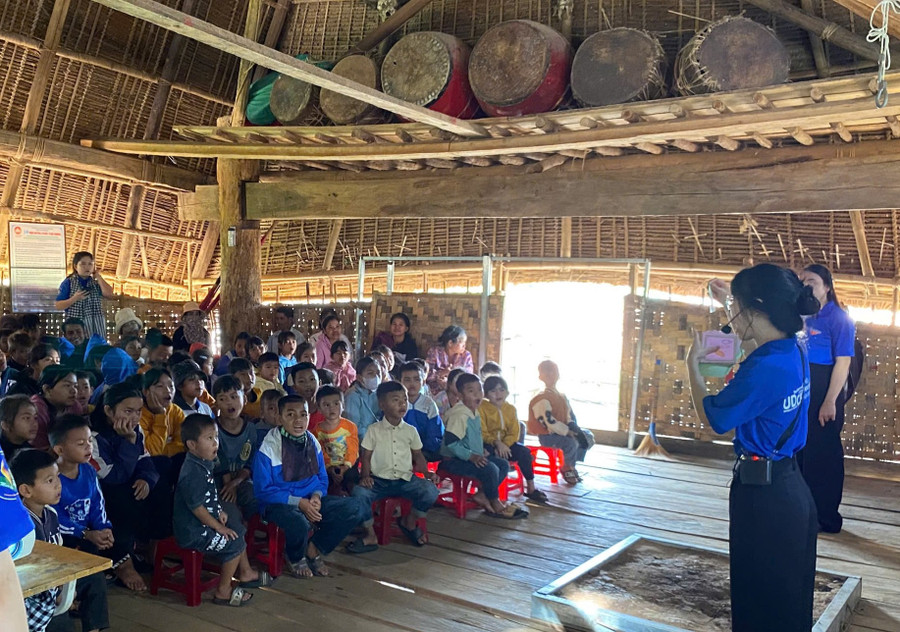
The group of students also guided the people on how to use social networks and access websites safely. In addition to teaching activities, they also renovated and refurbished playgrounds and volleyball courts for local youth.
“This is the second year I have participated in the Green Summer. Each year we go to a different locality, meet and support people in disadvantaged areas. Each trip leaves behind beautiful memories and personal joy,” Truc My shared.
Evening classes or summer volunteer days have contributed to enlightening knowledge in the village. Literacy not only helps the Xo Dang people communicate and do business more conveniently, but also opens up opportunities to change their lives.
Source: https://giaoducthoidai.vn/con-chu-ve-voi-ban-lang-post745799.html



![[Photo] Parade blocks pass through Hang Khay-Trang Tien during the preliminary rehearsal](https://vphoto.vietnam.vn/thumb/1200x675/vietnam/resource/IMAGE/2025/8/27/456962fff72d40269327ac1d01426969)

![[Photo] Images of the State-level preliminary rehearsal of the military parade at Ba Dinh Square](https://vphoto.vietnam.vn/thumb/1200x675/vietnam/resource/IMAGE/2025/8/27/807e4479c81f408ca16b916ba381b667)



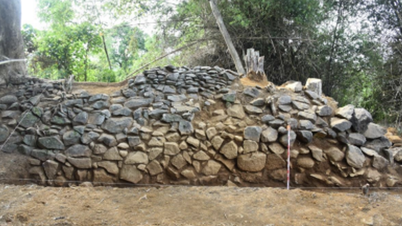




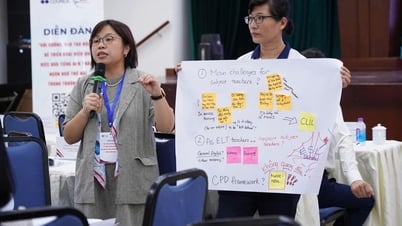


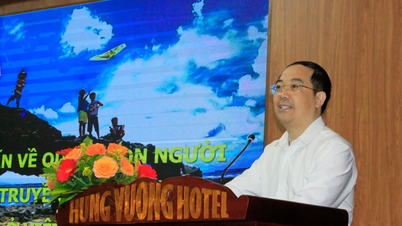

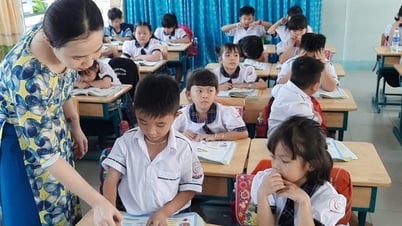

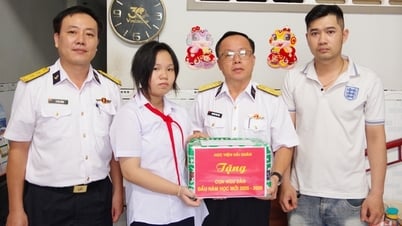
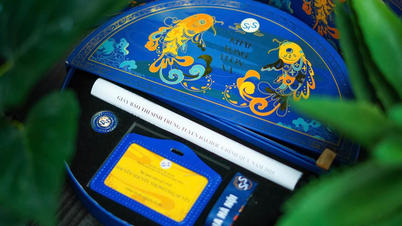
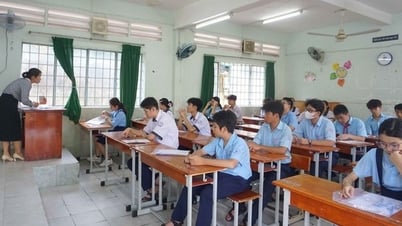
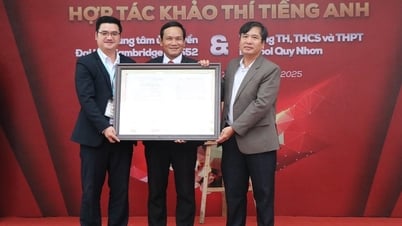

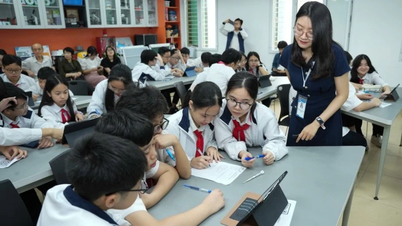




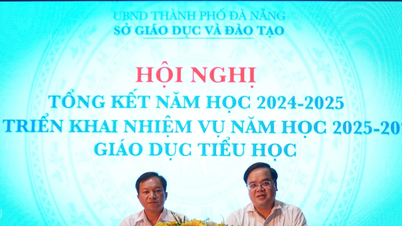

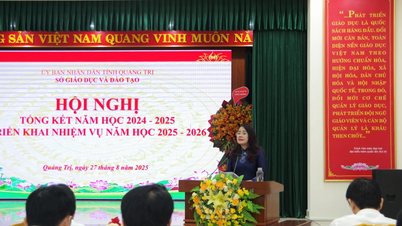
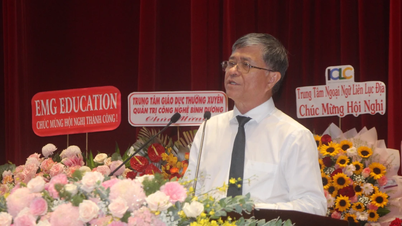
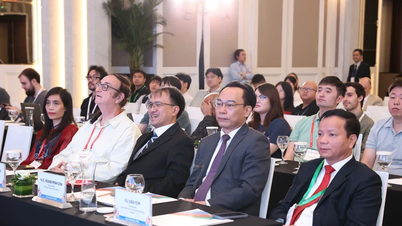
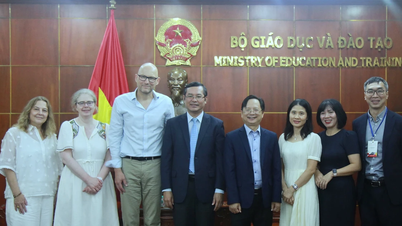

































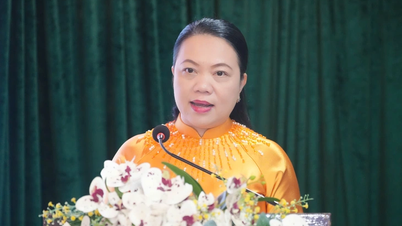
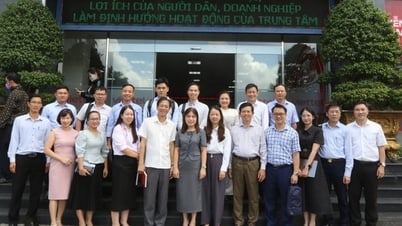






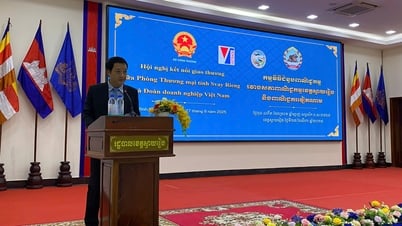



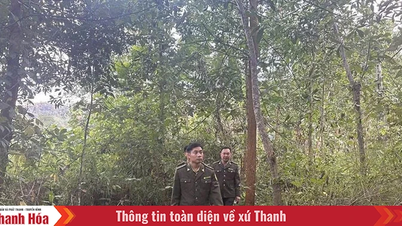



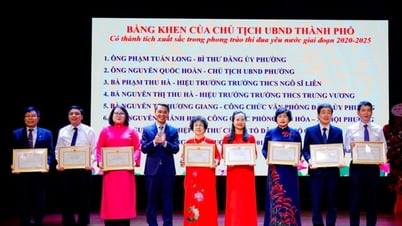


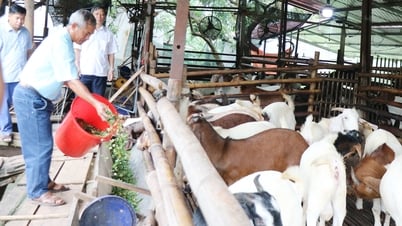











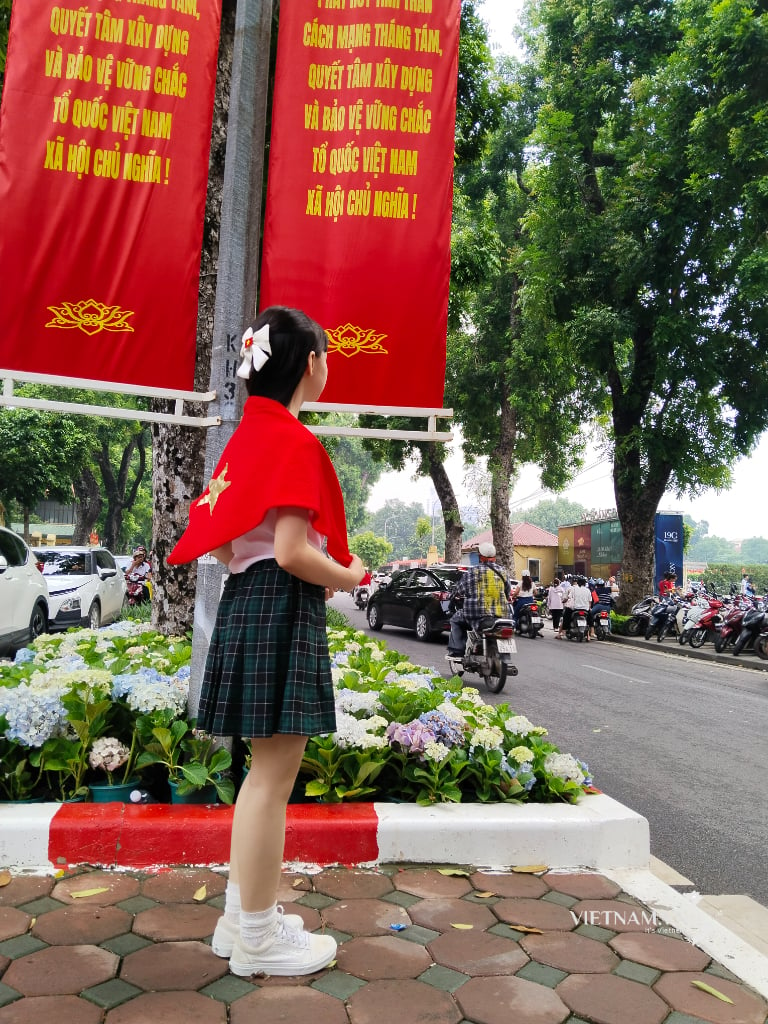


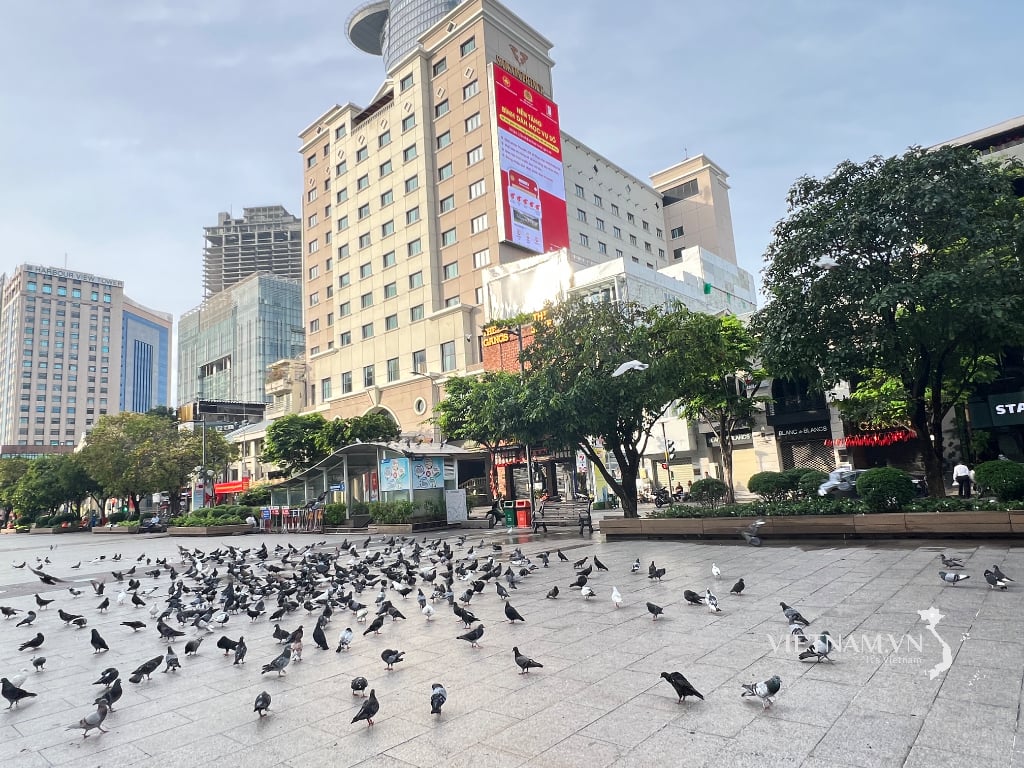
Comment (0)